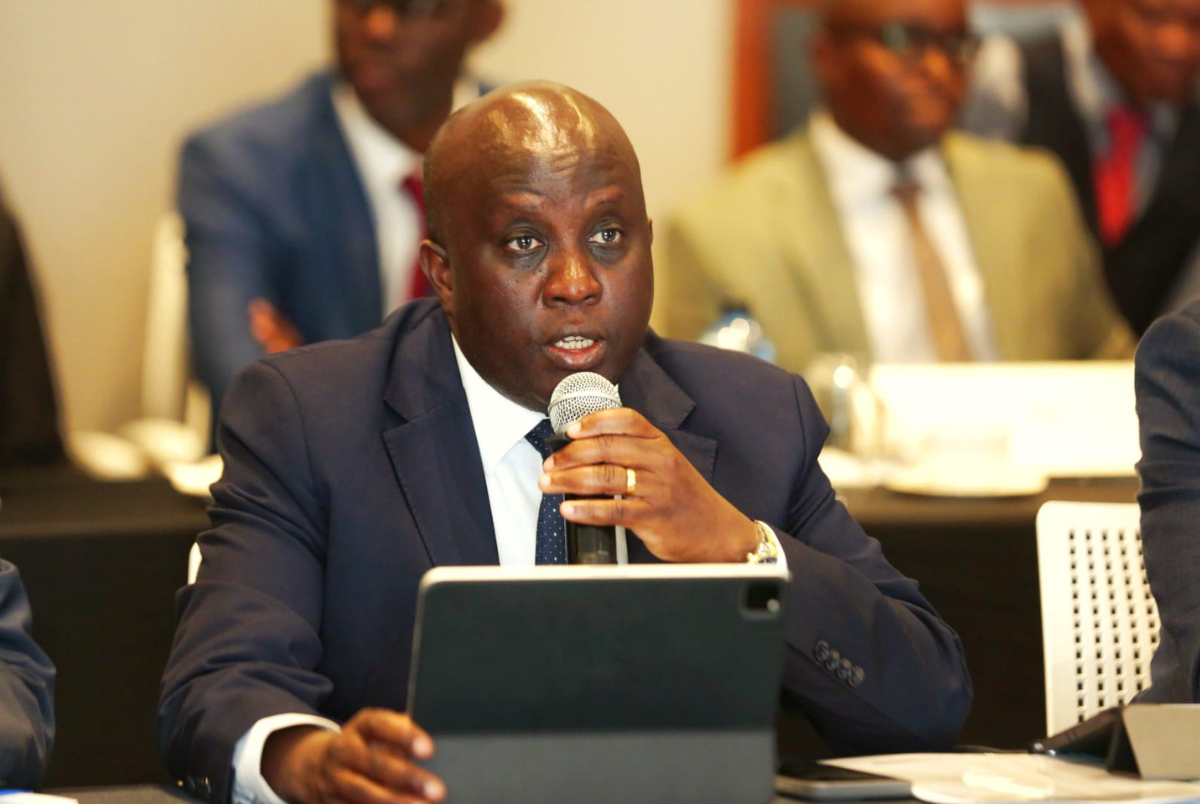Kenya Unveils Bold Plan to Accelerate Digital Transformation Under BETA Agenda
To boost sustainability, the Ministry plans to revamp the Kenya Broadcasting Corporation (KBC) by commercializing underutilized land, digitizing archival content, enhancing programming, and pursuing strategic partnerships to grow revenue.

The Ministry of Information, Communications and the Digital Economy (MICDE) has announced an ambitious plan to accelerate Kenya’s digital transformation and consolidate progress made under the Bottom-Up Economic Transformation Agenda (BETA). Cabinet Secretary Hon. William Kabogo Gitau, in a report presented to the Departmental Committee on Communication, Information and Innovation by Principal Secretary Eng. John Tanui, highlighted priorities such as commercialization of the National Optic Fibre Backbone Infrastructure (NOFBI), enhanced marketing of Konza Technopolis services, and collaboration with counties and regulators to strengthen data protection compliance.
The Ministry is also rolling out the Government Advertising Management Information System (GAMIS) to boost efficiency and revenue collection, while advancing new legislation and policies including the National Digital Transformation Policy, National Cloud Policy Adoption Guidelines, the ICT Authority Bill (2025), a review of the Data Protection Act, and the National Artificial Intelligence Policy.
In the 2024/25 financial year, MICDE surpassed targets by connecting 455 public institutions to the internet, recording 95% uptime on the NOFBI II network, establishing 35 Constituency Innovation Hubs, and installing 753 Wi-Fi hotspots across the country. The Ministry also created over 40,000 BPO jobs through partnerships, recruited 400 interns under the Presidential Digital Talent Programme, trained nearly 790,000 citizens in basic ICT skills, and supported 2,343 innovators. Other milestones include the completion of the Kenya Advanced Institute of Science and Technology (Kenya-AIST), registration of 10,989 Data Controllers and Processors, accreditation of 9,023 journalists, and expanded on-the-job training for media professionals.
Despite these achievements, Kabogo admitted that budget constraints and delayed exchequer releases remain a challenge, with pending bills set to take priority in the next implementation phase. To boost sustainability, the Ministry plans to revamp the Kenya Broadcasting Corporation (KBC) by commercializing underutilized land, digitizing archival content, enhancing programming, and pursuing strategic partnerships to grow revenue. Kabogo reaffirmed that the government remains committed to positioning Kenya as a regional digital leader through innovation, policy reforms, and inclusive growth in the digital economy.






